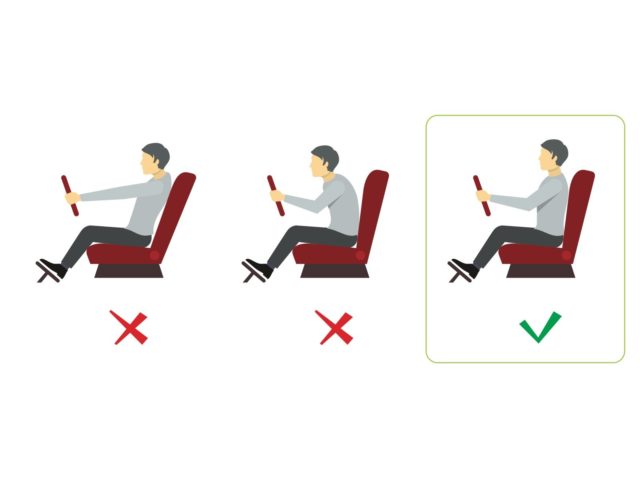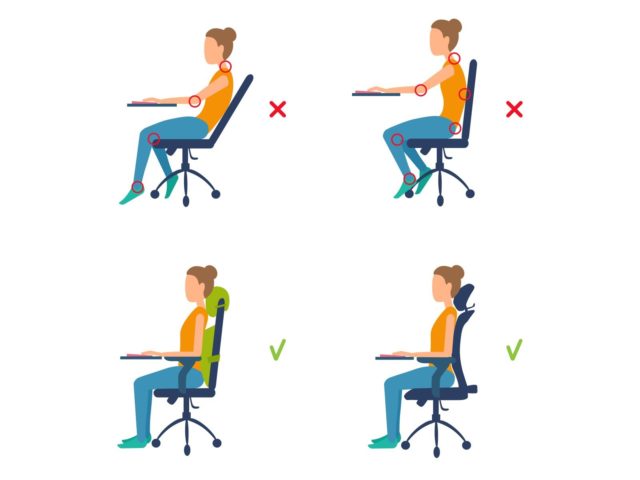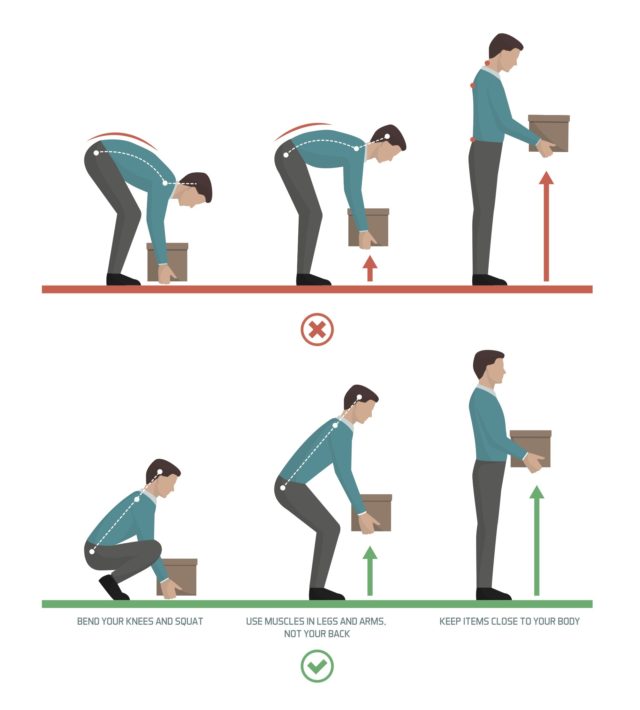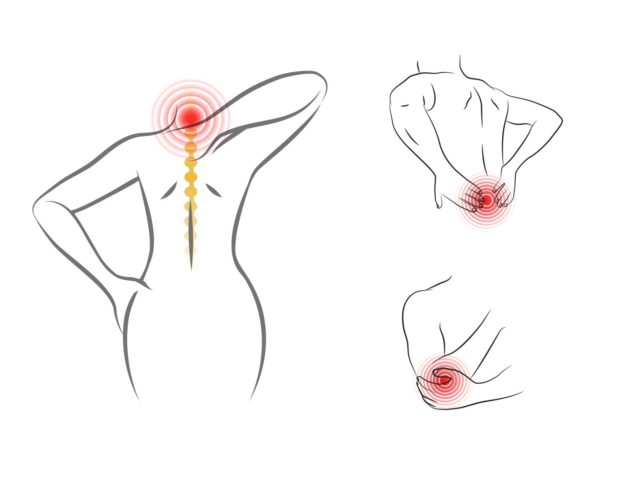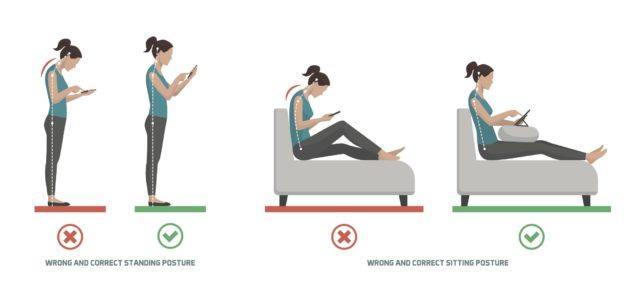Back Care
Being a carer can be physically demanding. Whether is assisting another person or taking care of the household, it all adds up. It is really important you look after your back to avoid hurting yourself.
Understanding basic principles about safe moving and lifting, can reduce your risk of harm and enable to keep doing what you need to do. If you are regularly physically assisting someone you should seek professional advice on the best options for you and them, from a health professional such as an Occupational Therapist and use equipment if recommended.
You use your back in many ways each day, even without physically caring for someone. From cleaning or gardening to hanging out laundry these are all physical tasks that can put strain on your back. Using good lifting techniques and keeping your back healthy will help you in all areas of your life.
Ways to keep your back healthy:
- Always use good lifting techniques- just because it doesn’t hurt doesn’t mean you aren’t doing damage. Back injuries can be sudden and devastating, but they can also build up over time due to micro damage each time you lift.
- Try to maintain a healthy weight - excess body weight loads all joints, including the spine.
- Keep physically active - the stronger your body is, the better it can assist with lifting and moving and reduce injuries. If you are unable to participate in physical activity, gentle exercise like yoga or Tai chi can still improve your flexibility. Seek advice from your GP before commencing any new exercise.
- Keep a good posture - avoid any positions where you are slumped or stooped for long periods. When sitting in a chair, try to sit upright with a support for your lower back, keep your knees and hips level and your feet flat on the floor.
If you must lift, remember:
- plan what you are going to do
- clear the floor and destination, remove trip hazards
- don’t lift and then twist your body - move your feet to turn
- keep the weight close to your body as you move
- use your legs to lift, not your back
- avoid lifting above your head or in a low stooped position
- ask for help if possible (make sure you both know what you are doing, one person takes the lead and work as a team)
- use equipment whenever possible
- get training from a health professional
If you get back pain:
- Don’t ignore it
- Seek help early- see your GP or a physiotherapist
Carer Support does not specifically endorse any organisation, association or entity referred to in, or linked to, the Online Resources. Views or recommendations provided in linked websites do not necessarily reflect those of Carer Support and Carer Support has no responsibility for the content of the linked website(s). It is your responsibility to make your own decisions about the currency, completeness, accuracy, reliability and suitability of information contained in linked websites.

 08 8433 9555
08 8433 9555
